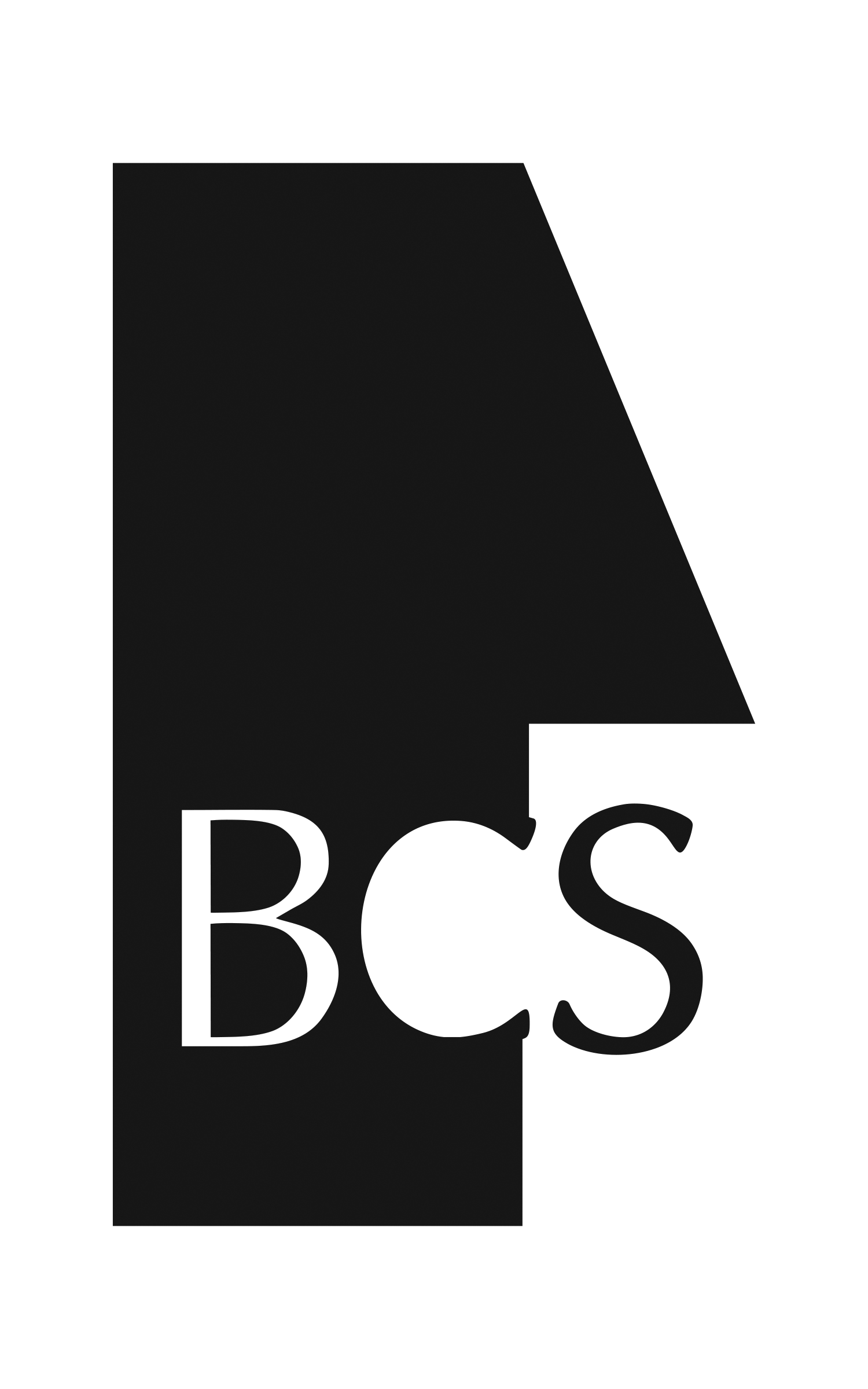BCS Connections & Reflections No. 7: a series of short notes, essays, and musical offerings from us to you. BCS bass David Esarey writes to us in midsummer and shares special music of his own making. He is pictured below with two of his hurdy-gurdies.
We hope you enjoy this reflection, and we welcome your feedback. Get in touch at info@chambersingers.info.
Singing is not my whole life, but it makes my life whole
I have a shirt that says, “Singing is not my whole life, but it makes my life whole.” That is a very true statement to me. As a physician, I spend my day with science and facts. Music is a necessary break from that. It recharges me and keeps my life from becoming too one-sided.
In the 1990s I decided to take voice lessons. I had always sung in church choirs but had never had any actual vocal training. After a couple of years of lessons, my teacher told me about Bloomington Chamber Singers. Looking back, I think she was saying that if I worked hard and continued to practice, one day I might be able to join a group like that. I took it as more of a challenge, however, so I went home, picked out a piece of music, and emailed Gerry Sousa to schedule an audition. The piece I chose was The Holy City. Several days later, he contacted me to invite me to join the Chamber Singers. I will never forget the honor I felt. I will also never forget the look of surprise on my teacher’s face when I told her!
I joined BCS in 1999, but after one concert, my job moved me to Bedford, and I could no longer make rehearsals and so had to leave the group. I rejoined in 2014 and have been singing with them ever since. Being a part of this organization has given me opportunities that I would never have had otherwise. I have sung pieces of music that I would never have been able to sing, and I have met friends whom I would never have known. I have been able to sing in English, Latin, German, Italian, Polish, French, and Russian. I have sung pieces from the Middle Ages and pieces from the 21st century and everything in between.
Singing under Gerry Sousa’s leadership has been an education. He brings out the best in the group and in the individual. It is not enough to know how to pronounce the words of a language I do not speak. He wants us to understand the meaning behind what we are singing as well as what the composer was thinking when he wrote it. We learn the history of the era as well as what the piece would have meant to the listeners of that time. Gerry inspires confidence. I don’t know how many times I’ve gone into a rehearsal doubting whether I would be able to sing a particularly difficult piece and come out at the end of the evening knowing that I could.
It is also a remarkable experience getting to sing with the other members of the choir. I am a science person. I have degrees in biology, chemistry, and medicine. And here I am, standing beside people with training in music theory, opera, and other branches of music. There has literally not been a single rehearsal or performance where I did not learn from the people around me.
The isolation caused by COVID-19 has been hard. I have continued to work, seeing children in my office, but I have not seen my BCS friends since the pandemic began, and we had to suspend the season. I have sung around the house, and my wife and I have recorded hymns for virtual church services. I have also been able to practice my Hurdy Gurdy. But I miss being together each week to sing with these wonderful people.
Musical Offering
For his musical offering, David performs a duet on the hurdy-gurdy. He writes: Bourrée des Enfants du Pauvre Homme (Dance of the Children of the Poor Man) is a traditional French dance. The hurdy-gurdy I use for this performance was built by British luthier Neil Brook, just before he retired. I recorded it on an app called “Acapella”. I like this piece because of the minor key. Most dance pieces like this are in major keys, but I thought the minor key gave it a really nice sound.


